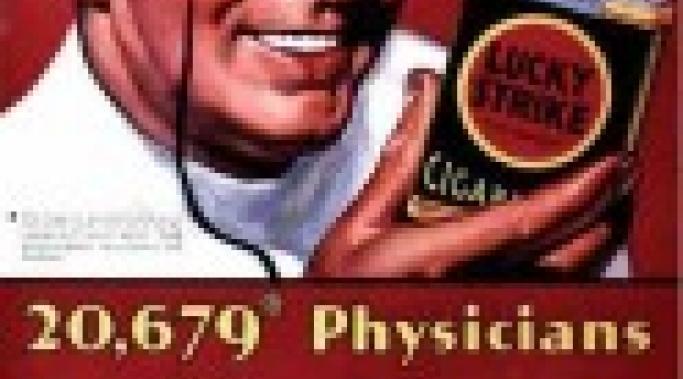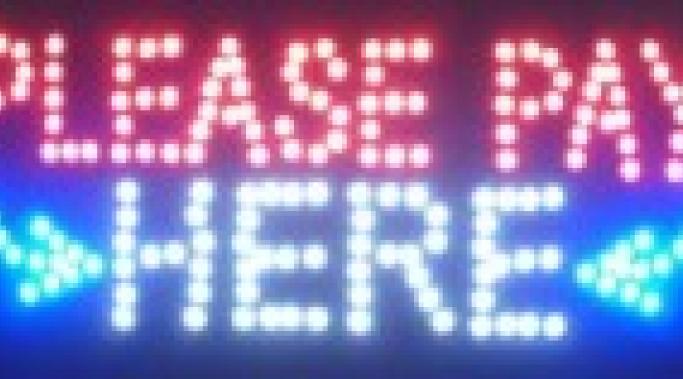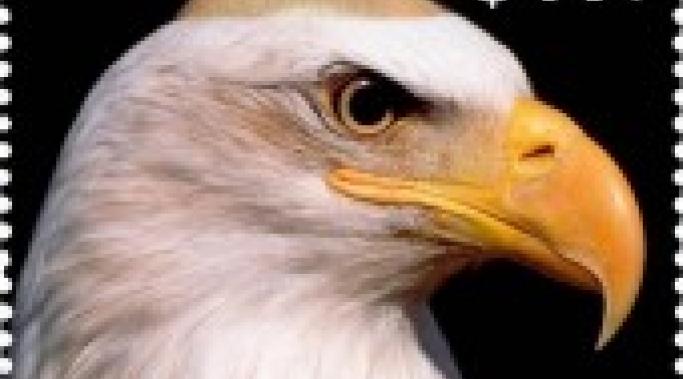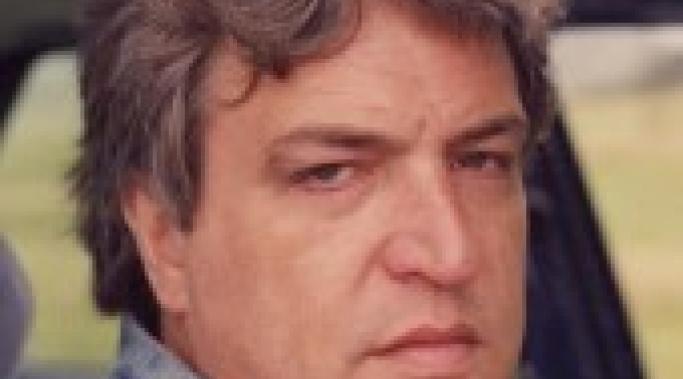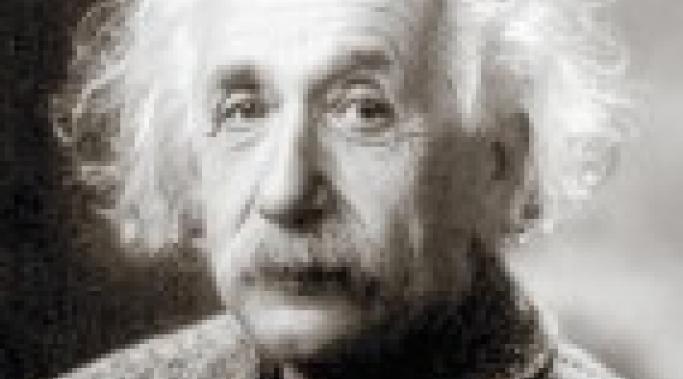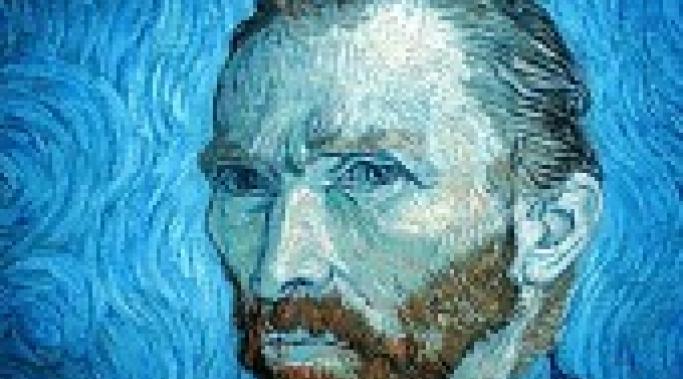Those of us who labor in the heavily intoxicated vineyards of mental illness, mental health, and recovery – those of us who gaze in wonder at the never-ending inventiveness demonstrated by tormented souls scouring the landscape for new mechanisms of self-injury – those of us who chase the lighthouse beacon of serenity as we pitch and toss on a cultural sea of hazards, pitfalls, and demons – those of us who marvel at a world gone mad, a world intent on sabotaging health, moderation, and self-care at every step – those of us who, wracked by ADHD and overburdened by flashy, empty distractions – are united by one profound bit of good news – this sentence is about to come to an end.
Public Health
For those of us who struggle with mental illness it is important to remember that even the darkest night is followed by the warmth of day; in other words, all things, even the most wretched things, end.
Let’s consider this for a moment. The Dark Ages ended, heck, even the Middle Ages ended – as a matter of fact I think mine ended about 15 minutes ago, making way for the onslaught of decrepitude referred to collectively as Old Age.
The careers of Frank Sinatra, Jerry Lewis and even The Three Stooges all came to a close; so remember, never abandon hope. Nightmares do end.
Remember way back when the most interesting thing to complain about was the wretched excess, questionable integrity, sleazy tactics, and relentless disingenuousness of what is referred to as the Presidential Campaign?
Seems like ages ago, does it not? Why? Simple. Reality ripped us from the clutches of affected patriotism and metaphorical backstabbing in a big old dramatic manner unique to nature, nature which gives and removes all that is consequential, unlike political gasbags who – at their very best – do less damage than they might.
When you live your entire life with mental illness your relationship with the particular nemesis tormenting you goes through a long, evolutionary arc. What do I mean by this? Let’s find out.
At first there is the glorious warm bath known as victim-hood, in which we indulge as long as possible until at last the water turns cold, grimy and inhospitable. At that moment we must look directly into the pitiless, unflinching eyes of reality’s rubber ducky. We fantasize about having ourselves dry-cleaned.
Our lament of how unfair this all is must finally be returned to our children, where it belongs. Fairness, as we have told them so many times, is not of this world. Stuff happens. Deal with it as best you can but please, no whining.
When I sat down to write Invisible Driving in 1990 there was no way for me to know that this simple act of literary recklessness would hurl me down a path of mental health advocacy ultimately culminating, 22 years later, in the conclusion of this sentence.
Such is life in the land of Whackadoomious. Prior to writing the universe’s first bipolar memoir, I had labored valiantly to keep my mental illness under cover, hidden from the pitchfork-wielding town folk who welcome the mentally ill with the same enthusiasm they shower on seven-year locusts. Going public as a bipolar bear gave me what I call “confession Tourette’s” – I went from “lips are sealed” to bipolar blabbermouth.
Essentially, I wanted to educate the public as much as possible and, I dared, even defied, any of them to look down on me. I had a surly honking attitude back then. In time, I actually came to a point where I condescended to square shooters because – without mental illness as a teacher – their life experience was, quite frankly, inadequate in comparison to mine.
This is National Suicide Prevention Week and like many others who care about mental health issues I am turning my attention to this most terrifying – and taboo – of subjects.
I have been living with bipolar disorder, and substance abuse issues, all my life. When you inhabit this environment as long as I have, suicide is no longer a dirty secret, a shameful fate that happens to others - it is simply an element of routine reality. In my world everybody knows someone who committed suicide; I’ve known dozens. Many of us have attempted suicide ourselves. This forbidden act is simply part of our scenery.
There are as many ways to commit suicide as there are reasons. In the program of Alcoholics Anonymous – (in which I have found shelter for the past 12 years) – we speak of “the death of 1000 cuts” and “suicide on the installment plan”. These concepts apply to individuals who have a strong death wish but lack the commitment to see it through to its logical conclusion. They would rather torture themselves and their near and dear until, at last, they’re used up.
Popular animals have long been associated with products, institutions and causes to draw attention, increase likeability, and help fix key ideas in the public imagination. One need only mention Smokey The Bear to make the case convincingly.
Sporting a broad-brimmed ranger hat and gazing with unblinking, unforgiving eyes, Smokey warned us that we were the only ones capable of preventing forest fires. One had the sense that Smokey was not a bear to be trifled with, and yet, showing his vulnerable side he revealed that – as tough as he was – without our cooperation he, and his forest companions – deer, moles, ticks, woodchucks, badgers, marmosets, Thompson’s gazelles, beavers, polecats, and salamanders – and moose – were in serious trouble.
This concept, that an enormous, fierce bear was depending on little old us, had currency – and the campaign lasted not just for years but for decades. We liked Smokey, and we wanted to help him.
As many of you know, I am a devotee of quotations – those bite-sized nuggets of wisdom summarizing great truths of life quickly and with wit.
Some years back, in a cold, dingy room choked to the gills with cigarette smoke, bad coffee, tattoos, and incomprehensible blather uttered badly by battered bikers, businessmen, beauticians and stay at home moms, united in anonymous terror, I first heard this said.
"Insanity is doing the same thing over and over and expecting different results."
Later I found that this pearl of wisdom is credited to everybody’s favorite patent clerk, Albert Einstein. However… The more time I spent on the Internet the more I realized that roughly half of all quotes found there are bogus. Some are real but credited to the wrong author; others are totally made up and attributed to a famous, credible person.
For decades, academics from various disciplines have sought to identify a quantifiable link between manic depression (bipolar disorder) and artistic creativity. Admittedly it is not possible to do a comprehensive work-up of Beethoven, for example, and consequently a diagnosis of bipolar disorder based on the second-hand descriptions of bill collectors, cleaning ladies, and piano-tuners would seem like reaching – at best – and twaddle, at worst.
However, the idea’s tremendous appeal has caused it to persist despite overwhelming improbability. Perhaps this is because true artistic genius is so difficult for squares and apple-pie eaters to understand that the only plausible explanations are divine inspiration or, something equally incomprehensible, madness.
Since artists are almost universally disliked, it may also be a convenient way for Jim & Joanie Lunchbucket to belittle their accomplishments. Extrapolating a bit further, it might support the idea that art itself is an essentially pointless exercise since it is frequently the product of people so far short of a full deck that a game of solitaire would be a love song to futility.
If you’re anything like me, and I hope for your sake and the sake of your children that you are not, you’ve wrestled with your mental illness secure in the certainty that society cared about you only to the extent that it fervently wished you would excuse yourself from the room and be scarce in the way voles are scarce; that is to say, demonstrate your respect for “nice” people by remaining invisible to them.
Frankly, there is something soothing about looking at the ladder which leads up and up to society’s golden promises only to realize that the first few rungs of yours have been sawed in half and you won’t even have a chance to fall off, much less climb. Soothing because, in life, it is comforting to know where one stands, or, as is the case here, doesn’t stand. If you aren’t shocked and surprised by every disrespectful snub and injustice, you cannot be disappointed and consequently, will harbor no resentment. (To put it differently, it is the illusion of a just world that causes heartache, not the sting of an unjust one.)
